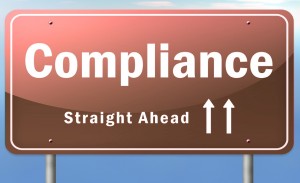
What is ERISA and Why do I Have to File?
The Employee Retirement Income Security Act of 1974 (ERISA) is a federal law that sets minimum standards for most voluntarily established pension and health plans in private industry to provide protection for individuals in these plans.
The Form 5500 is required to be filed by every Pension and Health and Welfare Plans that are governed by ERISA with certain exceptions.
ERISA compliance is the sole responsibility of the plan sponsor.
Who Needs to Comply with ERISA?
It’s easier to list who is NOT required to file:
- A welfare benefit plan that covered fewer than 100 participants as of the beginning of the plan year and is unfunded, fully insured, or a combination of insured and unfunded
- An unfunded excess benefit plan
- An annuity or custodial account arrangement
- A Savings Incentive Match Plan for Employees of Small Employers (SIMPLE)
- A simplified employee pension (SEP) or a salary reduction SEP
- A church pension benefit plan
- A pension plan that is maintained outside the United States primarily for the benefit of persons substantially all of whom are nonresident aliens.
- An unfunded pension plan for a select group of management or highly compensated employees
- An unfunded dues financed pension benefit plan that meets the alternative method of compliance
- An individual retirement account or annuity not considered a pension plan
- A governmental plan
- A “one-participant plan”
Avoid Costly Penalties:
- Internal Revenue Service (IRS) can impose penalties of $25/day up to a maximum of $15,000
- Department of Labor (DOL) penalties can be much larger with penalties of up to $1,100/day with no maximum
- Willful violations can have a penalty up to a maximum of $25,000; courts can even impose severe criminal penalties and possibly imprisonment
